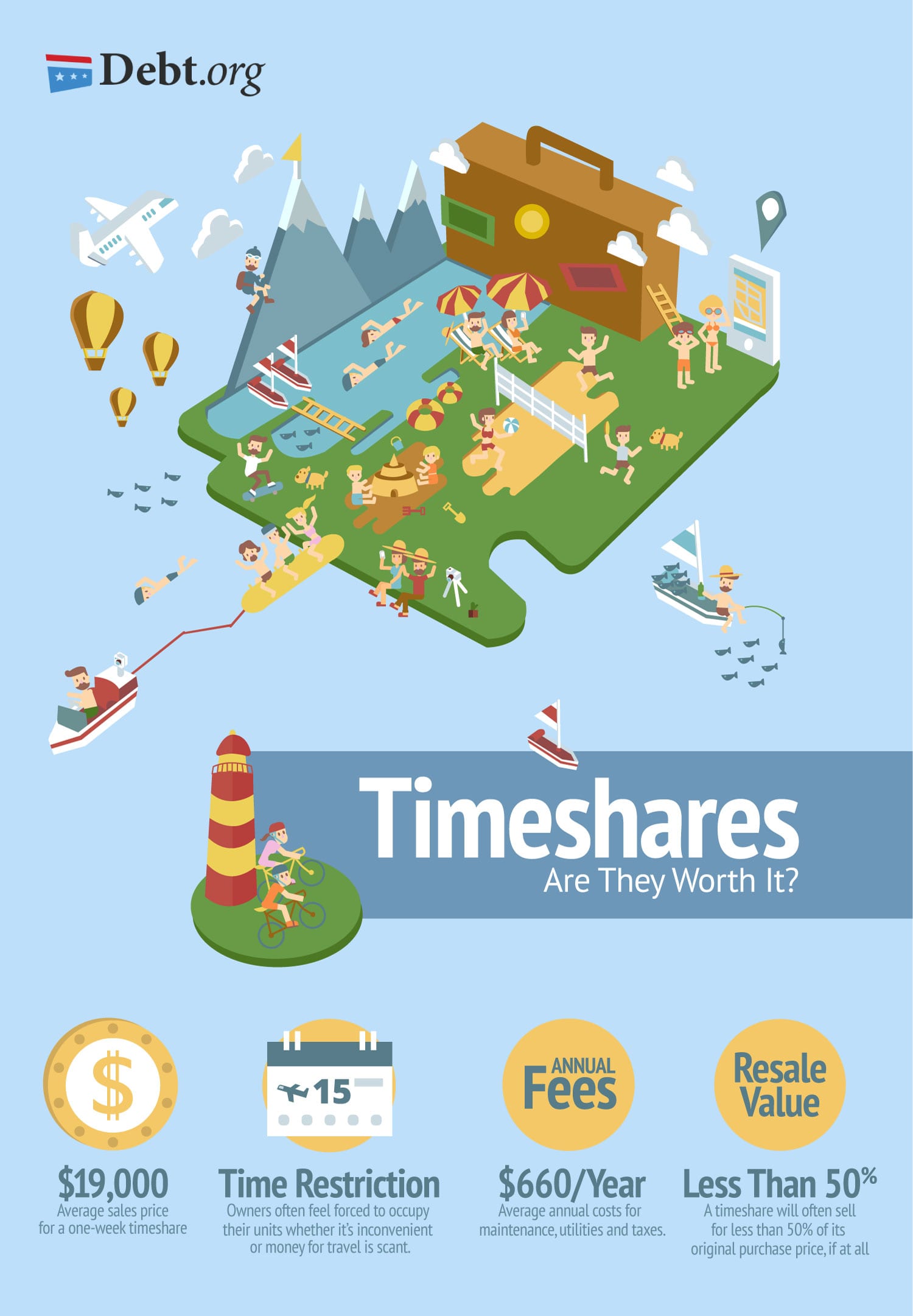In keeping with this convention, through the rest of this course I usually describe timeshare intervals as "timeshare weeks" or "weeks". In addition to the purchase cost, timeshare owners likewise pay a yearly cost for home maintenance and management. A lot of timeshare jobs likewise reserve a couple of one weeks usage of each unit for repair and maintenance. Historically, lots of timeshare designers have used high-pressure and misleading sales strategies, with deceptive and incorrect representations of what buyers might anticipate from their timeshare ownership. The timeshare industry has also had its share of dishonest and unethical resort designers and operators. As a result, timesharing has a bad track record with many individuals. Exchange worth. Exchange value is the ability of a timeshare week to exchange for another timeshare week. Some weeks are more valuable and desirable than others. If you wish to routinely use your week for exchanging, you need to be familiar with the exchange worth of the weeks you wish to obtain and be sure that you buy a week that will have the needed value to finish these exchanges. Normally, exchanges are finished utilizing weeks of similar value. If the week you own is a lower Discover more value week than the areas you want to exchange into, you require to understand this and prepare your exchanges appropriately.
To be able to prepare your exchanges, you require here to able to predict fairly well the exchange value of your week. The highest exchange worth predictability accompanies a points program. In a points program you know exactly what your exchange worth is in points, and the number of points are required to finish exchanges to other resorts in which you are interested. A lot of getaway clubs also have a high degree of predictability, a minimum of for exchanges finished within the club. With repaired weeks, the use duration is the same every year. Thus, the portion of exchange value that is related to the season will generally be the exact same from year to year; some variations in this can happen, though, if the week regularly includes a major holiday.
With floating weeks, the exchange value will depend upon the need for the week that you get to transfer into your account. As explained in Lesson 3, in lots of drifting week resorts owners might have little or no ability to select the week that designated to them for exchanging. How far in advance of use you can deposit a week. With fixed weeks, the usage dates are repaired and known. For that reason, you can typically transfer fixed weeks with exchange companies as far beforehand as an exchange company will permit (generally two years). In contrast, with floating weeks, you typically can't transfer weeks earlier than the resort will enable reservations to be made.

Thus, repaired weeks enable you to conduct longer variety vacation preparation. Ability to split a week. A lot of points systems will permit you to reserve units for less than one week. Some drifting week resorts and holiday clubs will also enable you to divide your usage right into different weekend and weekday periods. Repaired week resorts generally have no provisions for splitting a week. Frequency of timeshare use. what happens if i just stop paying my timeshare maintenance fees. Many timeshare programs are based upon yearly usage of the timeshare. If your holiday schedule or preferences are such that you would not use a timeshare every year, you should acquire a system in a program that accommodates this situation.

Some Ideas on What Is The Up-front Cost To Purchase A Timeshare You Should Know
As the name indicates, with an EOY ownership your use right happens every other year. Purchase costs for such a system are correspondingly less. Yearly costs for an EOY are normally dealt with in one of 2 ways: 1) you pay a full yearly charge, however only for the year for which you have an usage right; or 2) you share of a complete cost every year. Points programs also work well if you don't trip yearly, given that the points will typically rollover to the next year if you don't utilize them. Some vacation clubs will also allow you to rollover a vacation usage into the https://a.8b.com/ next year.
With a deeded property, you are a part owner of the residential or commercial property; if the residential or commercial property manager ends up being defunct, you will still own your share of the property. On the other hand, when the operator of a right-to-use residential or commercial property becomes defunct, your only claim on the home is as one of many other lenders. Also, in a deeded residential or commercial property, the house owners association can usually change the resort manager if they select. In a right-to-use home, the owner and operator are usually the very same entity or are closely related entities (where to post timeshare rentals). You need to likewise think about the years of use remaining on a right-to-use agreement, especially as it compares with your long-range vacation plans.
If you only plan to vacation for about 10 years, purchase of a right-to-use with about 10 years of remaining life may be quite practical and cost-effective. In a lockout system, the layout of the system permits the unit to be divided into 2 subunits, each of which can be inhabited individually. Typically, a two-bedroom lockout system normally divides into a hotel system and a one-bedroom system. The lockout function greatly increases your versatility in using the unit. For instance, one year you could inhabit the system as a full two-bedroom system. Another year, if there were fewer people in your celebration, you could choose to occupy simply the one-bedroom part and deposit the hotel unit with an exchange business - what to do with a timeshare when the owner dies.